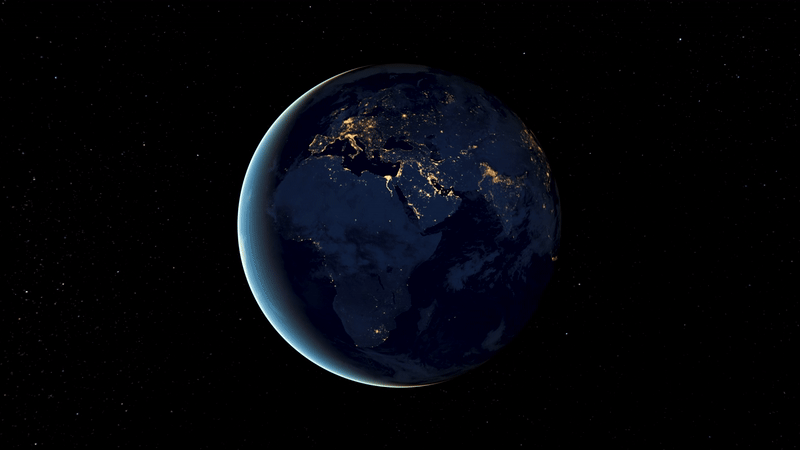- #21
Thread Owner
lmaoI always wondered why Earth makes one rotation every 24 hours... and then it dawned on me, so I called it a day.
lmaoI always wondered why Earth makes one rotation every 24 hours... and then it dawned on me, so I called it a day.
There is a book called "What If: Serious Scientific Answers to Absurd Hypothetical Questions" by Randall Munroe, that has this question & answer in it. It was a fun read.I am very curious about what would happen if the earth stopped spinning and would like to hear your guys opinions
There are these things called search engines... 😉😁thank you and quite frankly the only reason I started this trend is just out of pure curiosity

This guy does...who knows how to purposely make the earth stop spinning
Titles can't be copyrighted. 😉Journey to the centre of the earth! Hey, great movie title 😀
I gotta copyright that.
Earth is emotion because of the inertia which happened During its creation.I am very curious about what would happen if the earth stopped spinning and would like to hear your guys opinions
Earth is emotion because of the inertia which happened During its creation.
It continues to spend without anything being able to stop it and continues to spin because of the suns protons. So in theory, the sun would have to explode or go out in order for it to slow or stop. So the earth would probably be Annihilated either way.
Even then, such an impact would be more likely to slow it down rather than stop it; the energy of the impact would in any case either incinerate everything on the surface and potentially turn the crust into a molten state, depending on size, velocity and trajectory of the impactor.
Is there a way that a small object going very fast could do thatEarth does indeed spin because the collapsed solar nebula from which it formed developed a rotation; and that rotation was both retained by the formed planet and speeded up as gravitational pull compacted Earth to a higher density.
It continues to spin largely because there are no forces acting to stop it, but with tiny loss of momentum over time.
The only 'likely' (but rather unlikely) event which could stop it would be an impact in the opposite direction to its spin from another extremely large body. Even then, such an impact would be more likely to slow it down rather than stop it; the energy of the impact would in any case either incinerate everything on the surface and/or potentially turn the crust into a molten state, depending on size, velocity and trajectory of the impactor.
Probably not. Small objects slam into the Earth every day; usually too small to have an impact. 😛Is there a way that a small object going very fast could do that
like an not too big meteorProbably not. Small objects slam into the Earth every day; usually too small to have an impact. 😛
(Pun intended)
Anything small packing that much punch would likely blow right through like a bullet through an apple. (Think very small bullet--very large apple.)
There are a lot of variables (e.g. masses, densities, velocities, vectors, etc.), and a lot of math.
What's "small"?like an not too big meteor

been thereWhen I was a lot younger I got so drunk a couple of times the bed was spinning (one time end over end). It was a relief when it stopped.
say 1000 mph but like not that big like below averageWhat's "small"?
What's "very fast"?
What's "not too big"?

It’s depicted in this 1937 film:I am very curious about what would happen if the earth stopped spinning and would like to hear your guys opinions


Is there a way that a small object going very fast could do that
